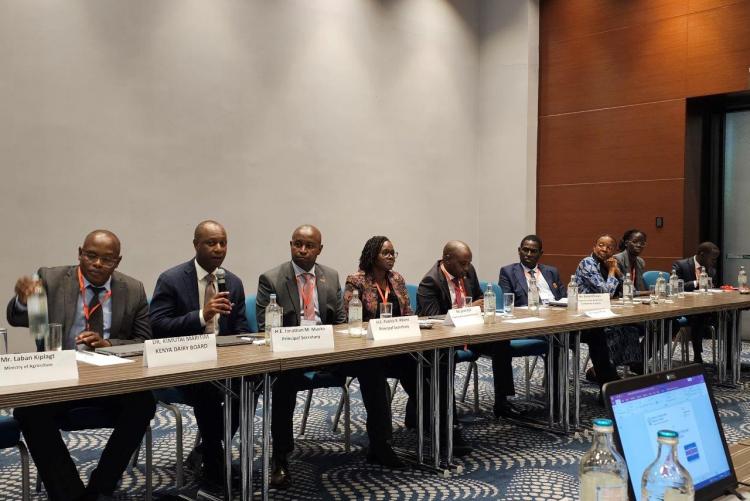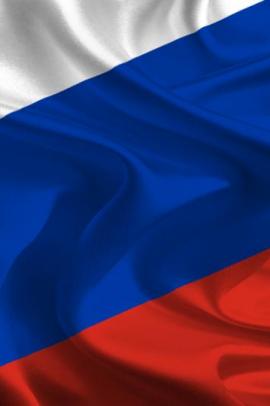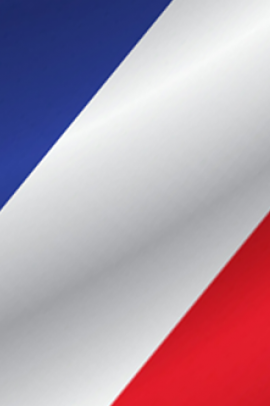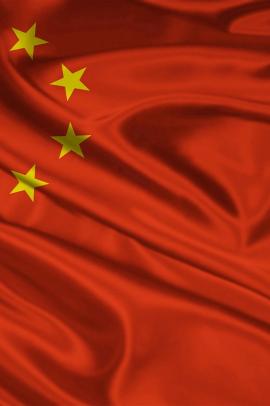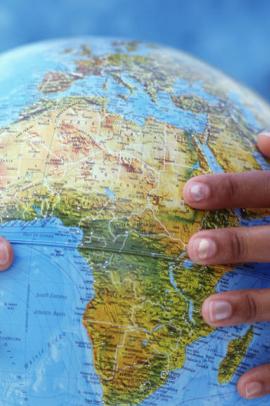Thanks to the economic mission to Nairobi (Republic of Kenya) and Kigali (Republic of Rwanda) on February 5-9 of this year, in which Professor Jacek Dach (Faculty of Environmental Engineering and Mechanical Engineering) and Professor Adam Cieslak (Faculty of Veterinary Medicine and Animal Sciences) participated, the Poznań University of Life Sciences gained new perspectives for development. The mission accompanied the official visit of the President of the Republic of Poland, Andrzej Duda, and his spouse, and participants from UPP were engaged in intensive discussions regarding potential scientific, educational, and business cooperation.
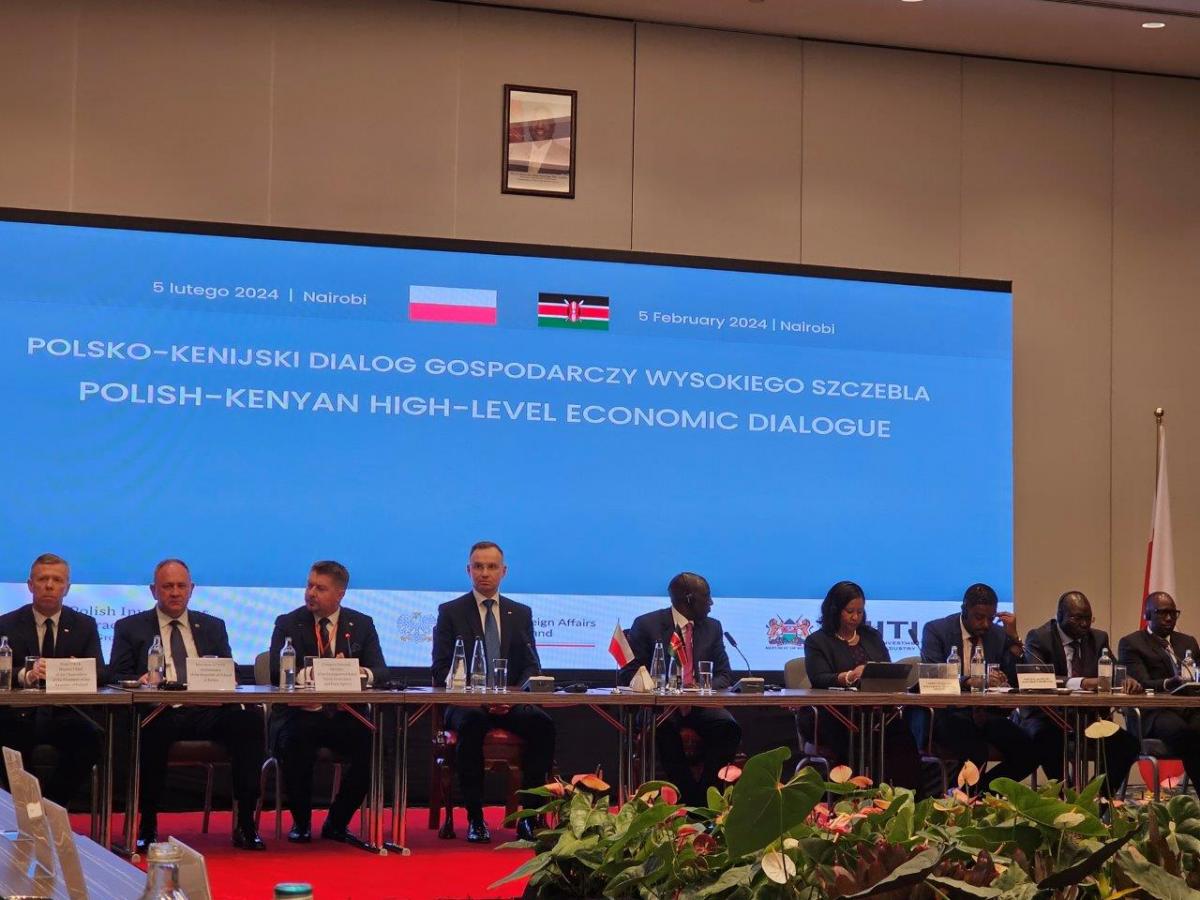
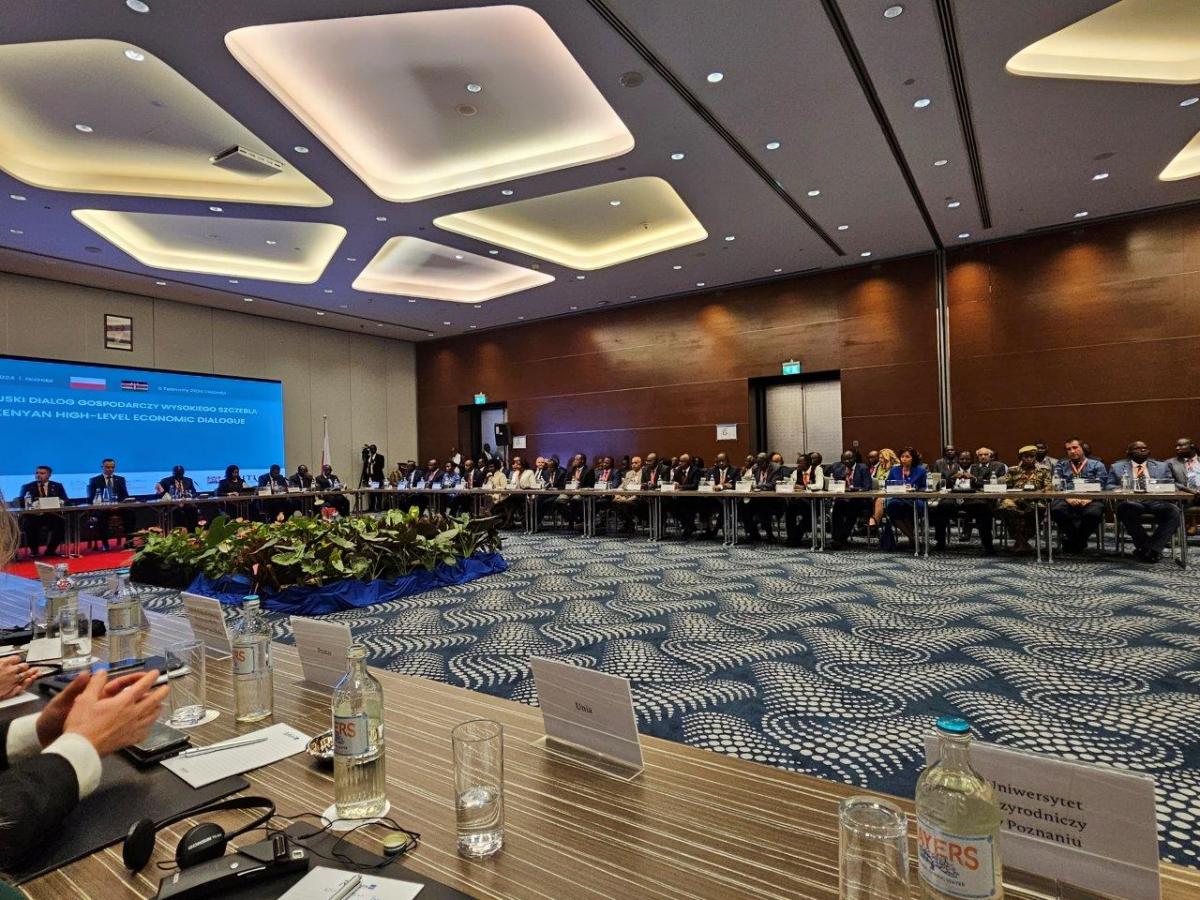
During the meetings, Professors Jacek Dach and Adam Cieślak discussed the possibility of establishing cooperation with Meru University of Science and Technology (Kenya) and the University of Rwanda. Discussions focused on student and scientist exchange, joint scientific projects, and the development of analytical laboratories in the areas of biogas, feed analysis, milk quality, and its derivatives. The result of the discussions was the signing of letters of intent to establish cooperation in the field of academic exchange and research activities between universities from Poland and Africa. Meru University of Science and Technology and the University of Rwanda committed to closer cooperation, and discussions on expanding activities to other scientific units in both countries are already underway.
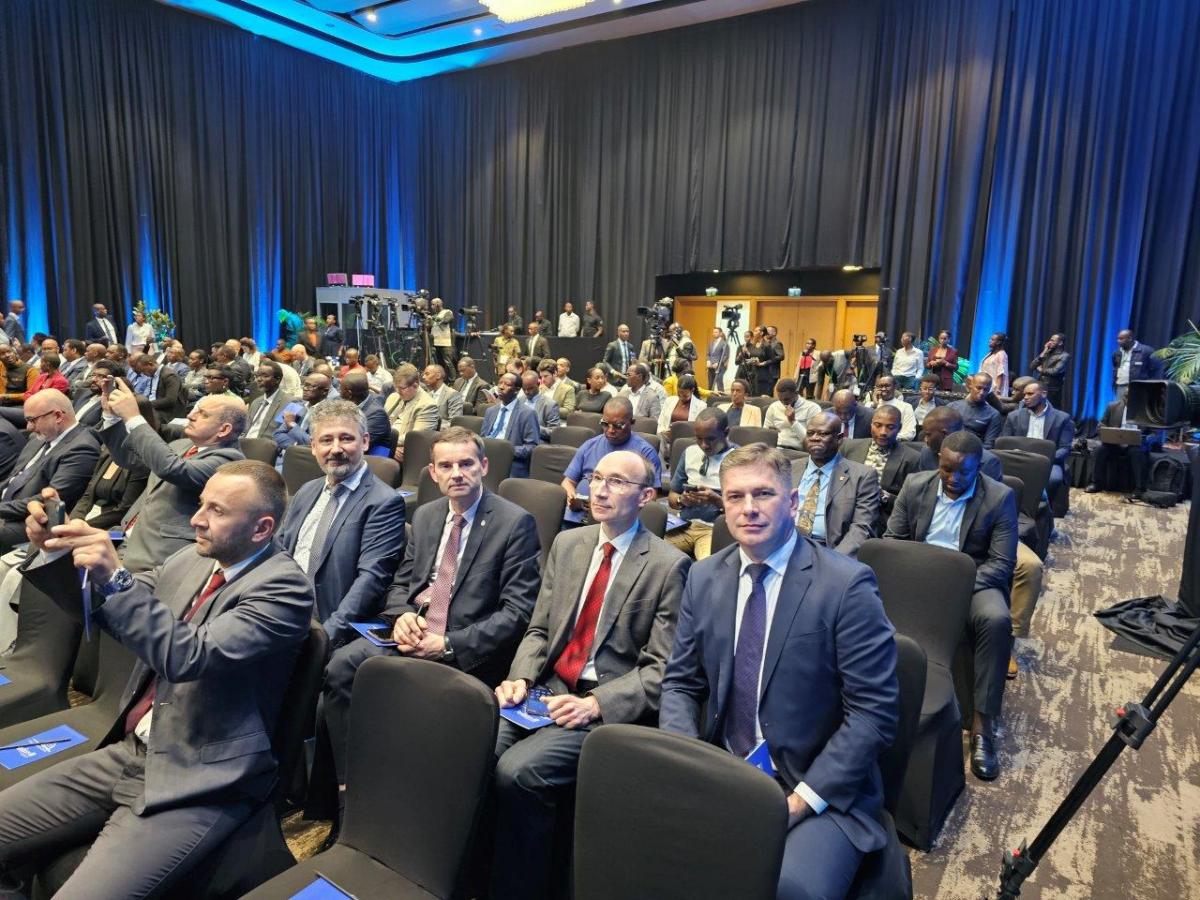
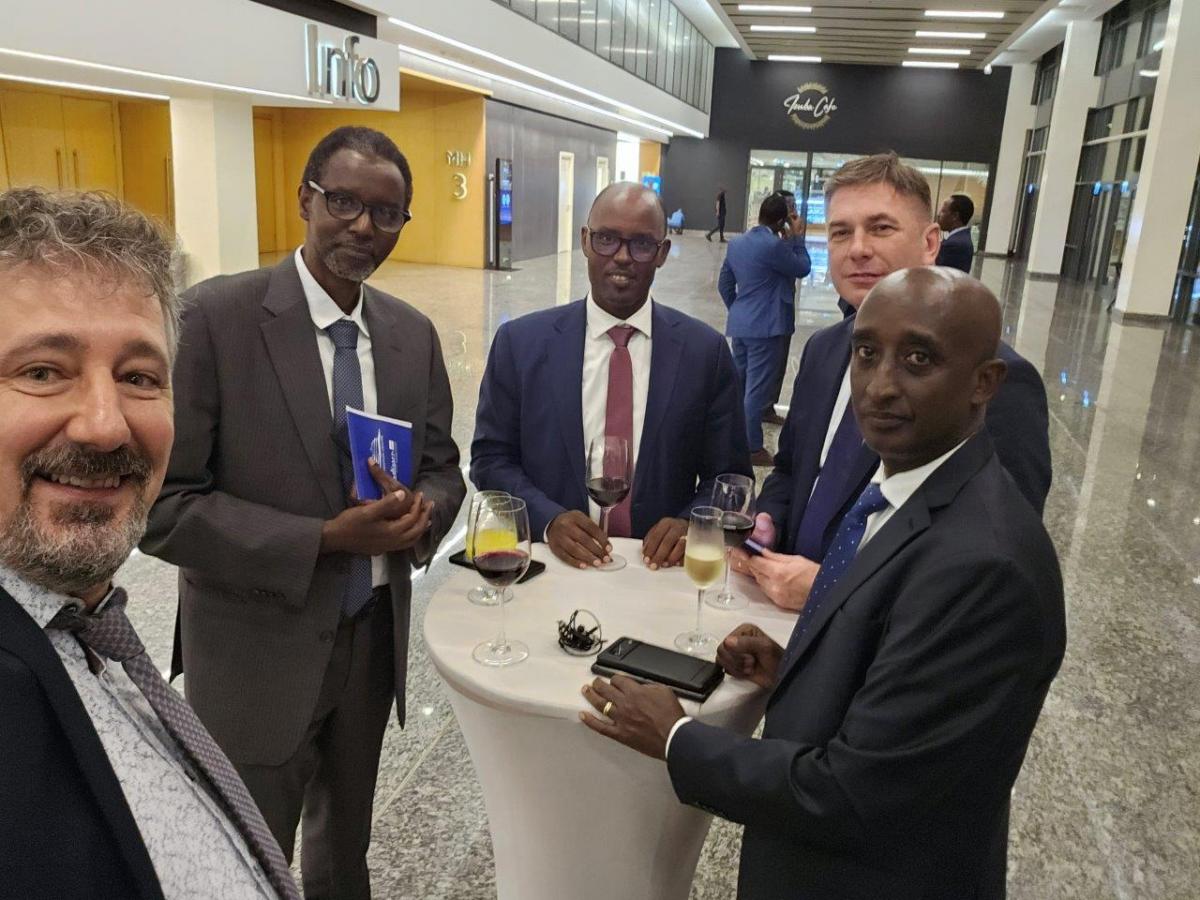
For the Poznań University of Life Sciences, establishing these contacts is of great importance in the context of scientific, educational, and business relations development. Kenya, where agriculture generates about 30% of GDP, is an area with great development potential, especially in the agri-food sector and renewable energy. Meanwhile, students from Rwanda are currently the largest group of African students studying in Poland (currently around 1500 people), which further strengthens the prospects for cooperation between universities. "Both countries need a strong development impulse in the agri-food industry and renewable energy sector, also in the context of reducing greenhouse gas emissions in the mentioned sectors," explain UPP scientists participating in the mission. Therefore, in the case of both countries, the concept of combining modern animal (dairy) production, including modern feed production technologies, with the production of fully controllable ecological electricity and heat (as well as cold) and valuable biofertilizer, met with great interest from governmental authorities, higher education institutions, and business representatives from the agri-food sector. Representatives of UPP presented this concept based on solutions developed at the experimental farm in Przybroda, where dairy cattle farming is linked to a working biogas plant, and village residents receive ecological, inexpensive heat. Consequently, one can expect delegations from Africa to visit Przybroda in the near future. This exchange of experiences may prove to be a crucial step in jointly developing practical solutions in the fields of agriculture, renewable energy, and sustainable development.

